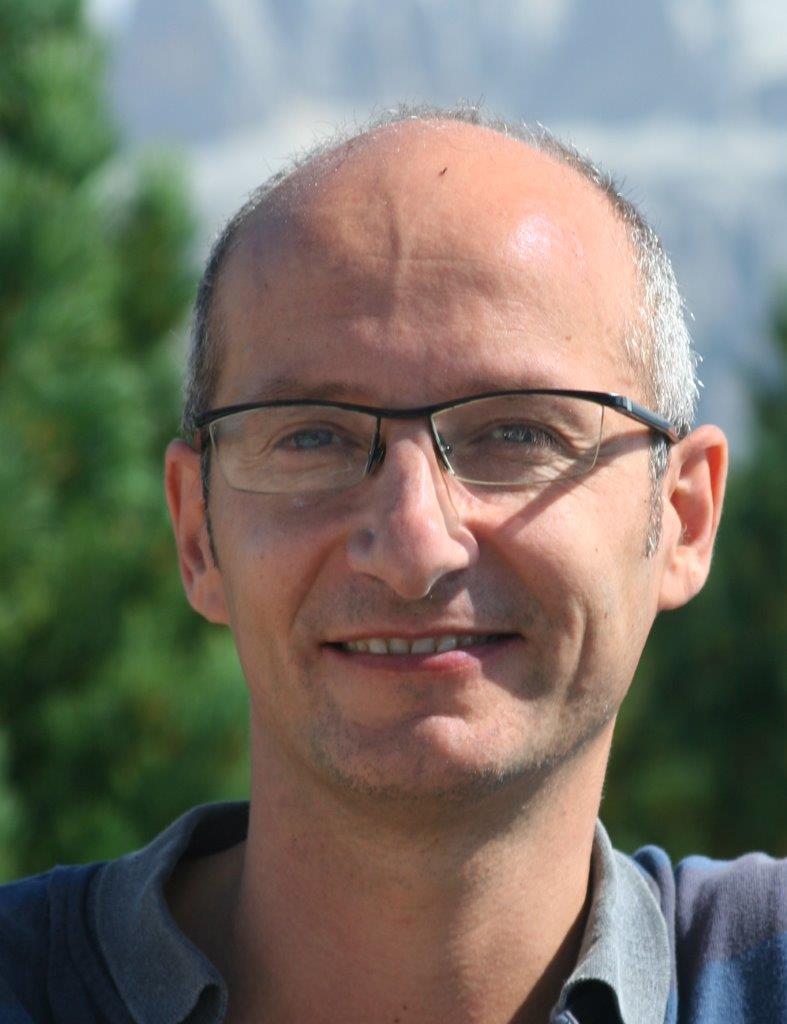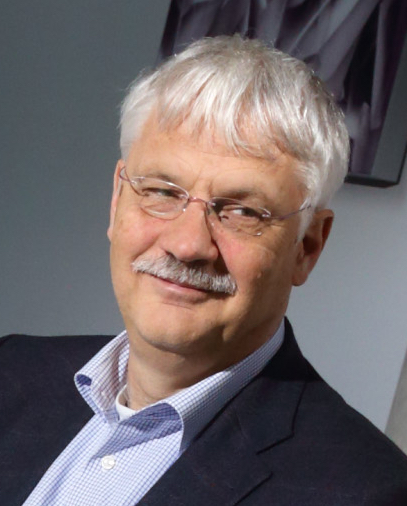 |
Enrico Vicario Enrico Vicario is a Full Professor of Computer Science and Engineering at the University of Florence. He works in the area of Software Engineering, with a current scientific focus on model driven development of concurrent systems with non-deterministic or stochastic durations and a practical interest in software architectures and development methods.
You can see the publications of Enrico Vicario on Google Scholar, and dblp, and you can also find more information on his homepage.
Title: From transient analysis to Probabilistic Model Checking of Markov Regenerative Processes
Abstract: In the engineering of non-functional requirements, probabilistic model checking provides a systematic approach through which a model can be verified against multiple probabilistic properties specified in some well defined language, enabling analysis of the impact of different patterns of behavior, and open to automated regression when the model or the properties of interest evolve.
A number of techniques and tools have been proposed, based on statistical discrete event simulation or on numerical solution, the latter aiming at accuracy and confidence at the expense of restrictions on the class of models amenable to verification. In particular, if all model durations are exponentially distributed (EXP), the model always satisfies the Markov condition and an efficient numerical solution can be attained by composition of behaviors.
However, model validity may require that some durations break the EXP memoryless property and be generally distributed (GEN), as occurring for instance in aging processes, real-time systems, or network protocols. In this case, probabilistic model checking becomes much harder, combining together the complexities of non-Markovian analysis with the additional constraints posed by the model checking formulation.
In this talk, we describe the salient traits of the method of stochastic state classes implemented in the Oris tool for reachability analysis of models with multiple concurrent GEN durations with an underlying stochastic Markov Regenerative Process (MRP), and we report on recent results that extend the method to solve a problem of probabilistic model checking emphasizing the hurdles and the structural limits that arise when Markov regenerative analysis is cast in the shape of probabilistic model checking.
|
 |
Aiko Pras Aiko Pras is professor in the area of Network Operations and Management at the University of Twente, the Netherlands where he is member of the Design and Analysis of Communication Systems (DACS) Group. His current research focuses on Internet security, with topics like compromise detection, DDoS analysis and DNS security. To investigate these topics, he often relies on flow-based measurement techniques. Aiko is chairing the IFIP Technical Committee TC6 on "Communications Systems", and is Coordinator of the European Network of Excellence on "Management of the Future Internet" (FLAMINGO).
You can see the publications of Aiko Pras on Google Scholar, and dblp, and you can also find more information on his homepage.
Title: DDoS 3.0: How terrorists bring down the Internet
Abstract: Since five years we are confronted with DDoS attacks. Originally these attacks took us by surprise and made many victims. Nowadays we are better prepared and able to survive many of such attacks. People may therefore believe we have DDoS somehow under control. In most cases the attackers turned out to be teenagers. But what would happen if a terrorist organisation would perform such an attack? Would they be able to launch much stronger DDoS attacks by exploiting security weaknesses of IoT devices? Are we prepared for such attacks?
|







